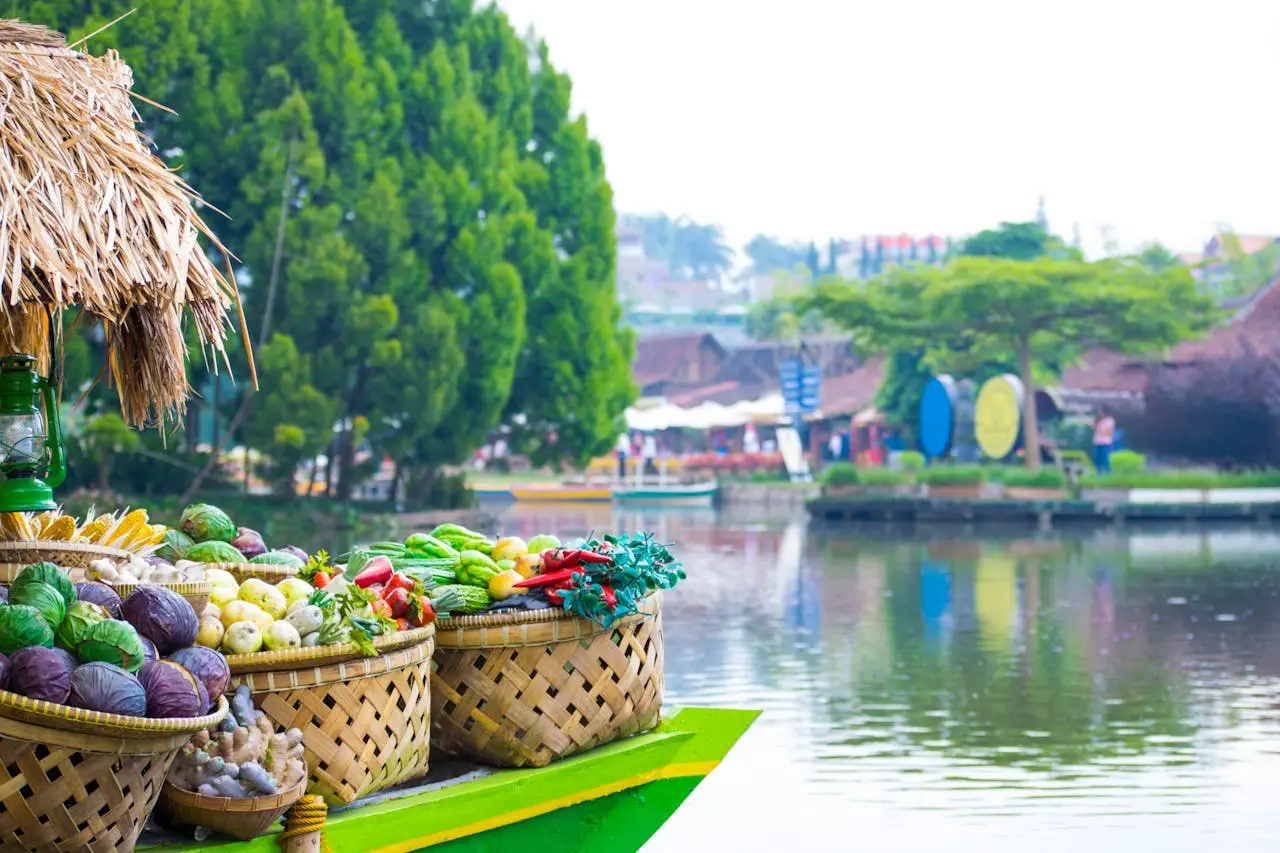At COP29 in Baku, Azerbaijan, the global community once again failed to address one of the most critical components of climate action: transforming food systems.
Slow Food, a global movement advocating for sustainable and equitable food practices, has expressed deep disappointment with the conference’s outcomes, particularly the weak climate finance commitments and the lack of focus on food and agriculture in formal negotiations.
The agreed-upon $300 billion annual commitment by 2035 is far from adequate. Economists estimate that $1.3 trillion is required annually to mitigate the effects of climate change and protect vulnerable communities.
According to Edward Mukiibi, President of Slow Food, this funding gap is not just a failure of ambition but also an injustice to small-scale farmers, Indigenous communities, and traditional food producers, who are most affected by climate change.
“Transforming food systems is our only viable path to achieving mitigation, adaptation, resilience, and ensuring good food accessible to all,” Mukiibi stated. Yet, food and agriculture continue to be sidelined in global climate negotiations, leaving critical opportunities for progress unrealized.
Missed Opportunities at COP29
The outcomes of COP29 highlighted several shortcomings that Slow Food has flagged as critical barriers to effective climate action:
Inadequate Climate Finance
The conference’s $300 billion annual funding commitment falls far short of the $1.3 trillion needed to address the climate crisis. Without adequate funding, initiatives such as the Baku Harmoniya Climate Initiative for Farmers—which aims to empower small-scale producers, especially women and youth—risk becoming hollow promises. Developing countries, which are on the frontlines of climate change, require far greater financial support to implement meaningful climate solutions.
Neglect of Food Systems Transformation
Food and agriculture were prominent in side events at COP29, but their exclusion from formal negotiations is a glaring oversight. The only formal mechanism addressing agriculture, the Sharm-el-Sheikh Joint Work on the Implementation of Climate Action on Agriculture and Food Security (SJWA), focused mainly on administrative details, such as developing an online portal for information sharing. This falls significantly short of the bold, systemic changes needed to transform global food systems.
Mukiibi criticized this lack of focus, stating, “While food and agriculture played a prominent role in side-events and peripheral initiatives, without a place in the formal negotiations, there is a risk of this vital aspect of climate action being overlooked.”
Weak National Commitments
While many countries acknowledge the importance of agrifood systems in their Nationally Determined Contributions (NDCs), current funding commitments address only one-sixth of the required investment. A new analysis by the Food and Agriculture Organization (FAO) shows that nearly all countries recognize agrifood systems as essential to climate adaptation and mitigation. However, without increased financial resources and actionable investment plans, these acknowledgments will remain largely symbolic.
Governments have until early 2025 to submit updated NDCs, providing a narrow window to raise ambitions and allocate the necessary resources for transformative action.
Amplifying Local Voices
Mukiibi also highlighted the disproportionate influence of large agribusiness corporations at COP29, which often overshadows the voices of small-scale farmers and Indigenous communities. “These groups, often sidelined at global discussions, are the true stewards of biodiversity and ecosystem management,” he said.
Slow Food emphasized that these communities have lived in harmony with nature for generations, using traditional knowledge to sustain ecosystems and local food systems. Their insights and practices are critical for addressing the climate crisis, yet they remain systematically excluded from international decision-making.
“The overwhelming presence of large agribusiness corporations, even within country delegations, undermines the credibility of these forums,” Mukiibi added. He called on the UNFCCC to take bold action to reduce corporate influence ahead of COP30 in Belem, Brazil.
A Vision for the Future
Despite the disappointing outcomes of COP29, Slow Food remains committed to advocating for transformative change. The organization sees potential in civil society, NGOs, and some government representatives who recognize the urgency of the climate crisis and are working toward sustainable solutions.
Slow Food also highlighted its own initiatives, such as the Slow Food Travel programs, which promote sustainable tourism, community resilience, and ecosystem conservation. These programs exemplify how local communities can lead the way in fostering sustainable and equitable food systems.
Looking ahead to COP30, Mukiibi urged governments to take bold action. “Without bold action to transform our food systems, the fight against climate change is destined to fail,” he said. Slow Food continues to call for an agroecological transition, greater financial commitments, and the inclusion of marginalized voices in global discussions.
COP29 was a missed opportunity to address the critical link between food systems and climate change. The weak climate finance commitments and the failure to prioritize agriculture in formal negotiations underscore the need for bolder, more inclusive action.
As the world prepares for COP30 in Brazil, Slow Food is doubling down on its efforts to raise awareness and advocate for systemic change. By amplifying the voices of small-scale farmers, Indigenous communities, and traditional food producers, the movement hopes to pave the way for a more just and sustainable future.













